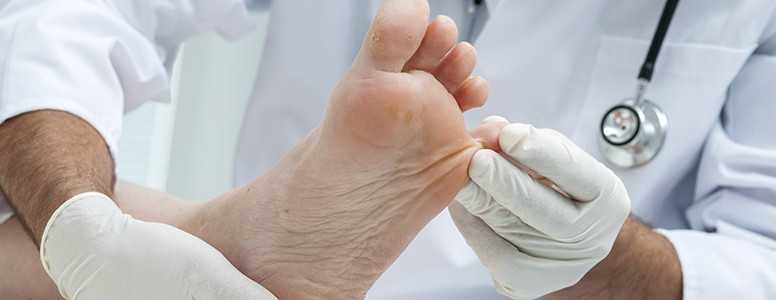Islet cell transplantation has shown to help adults with type 1 diabetes and hypo unawareness experience reduced severe hypos up to one year after surgery, new findings reveal.
The participants also experienced improved health-related quality of life during the one-year follow-up, including a reduction of diabetes-related distress.
Islet cell transplantation involves transplanting insulin-producing cells into people with type 1 diabetes. These cells can help patients achieve insulin independence for up to years, but immunosuppressant drugs are nearly always required, which carry certain risks.
In this new trial, entitled The Clinical Islet Transplantation Consortium Protocol 07, 47 adults with type 1 diabetes and a history of severe hypos underwent transplantation and were followed up for a year, with researchers examining HbA1c, severe hypo incidences and other health markers.
Overall, 87.5% of patients achieved HbA1c levels of under 53 mmol/mol (7%) with no one reporting any severe hypos from day 28-365 after the initial procedure.
In a separate analysis, the researchers identified that patients also experienced improvements in several areas of health-related quality of life, as measured by the Diabetes Distress Scale. These areas comprised overall diabetes distress, interpersonal distress, fear of hypos and physician-related distress.
No differences were observed between patients who did or did not require continued insulin treatment after transplantation.
The University of Iowa researchers wrote: “Despite the acknowledged burden of immunosuppressive medications, the overall quality of life and functional health status scores after transplantation did not worsen.
“General measures of functional health status … showed statistically significant improvements from baseline.”
The findings have been published online in the journal Diabetes Care.
What's new on the forum? ⭐️
Get our free newsletters
Stay up to date with the latest news, research and breakthroughs.







